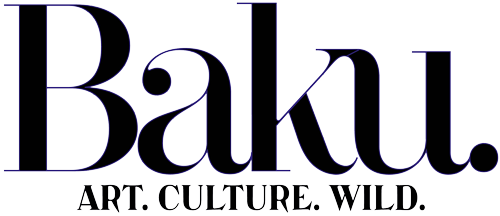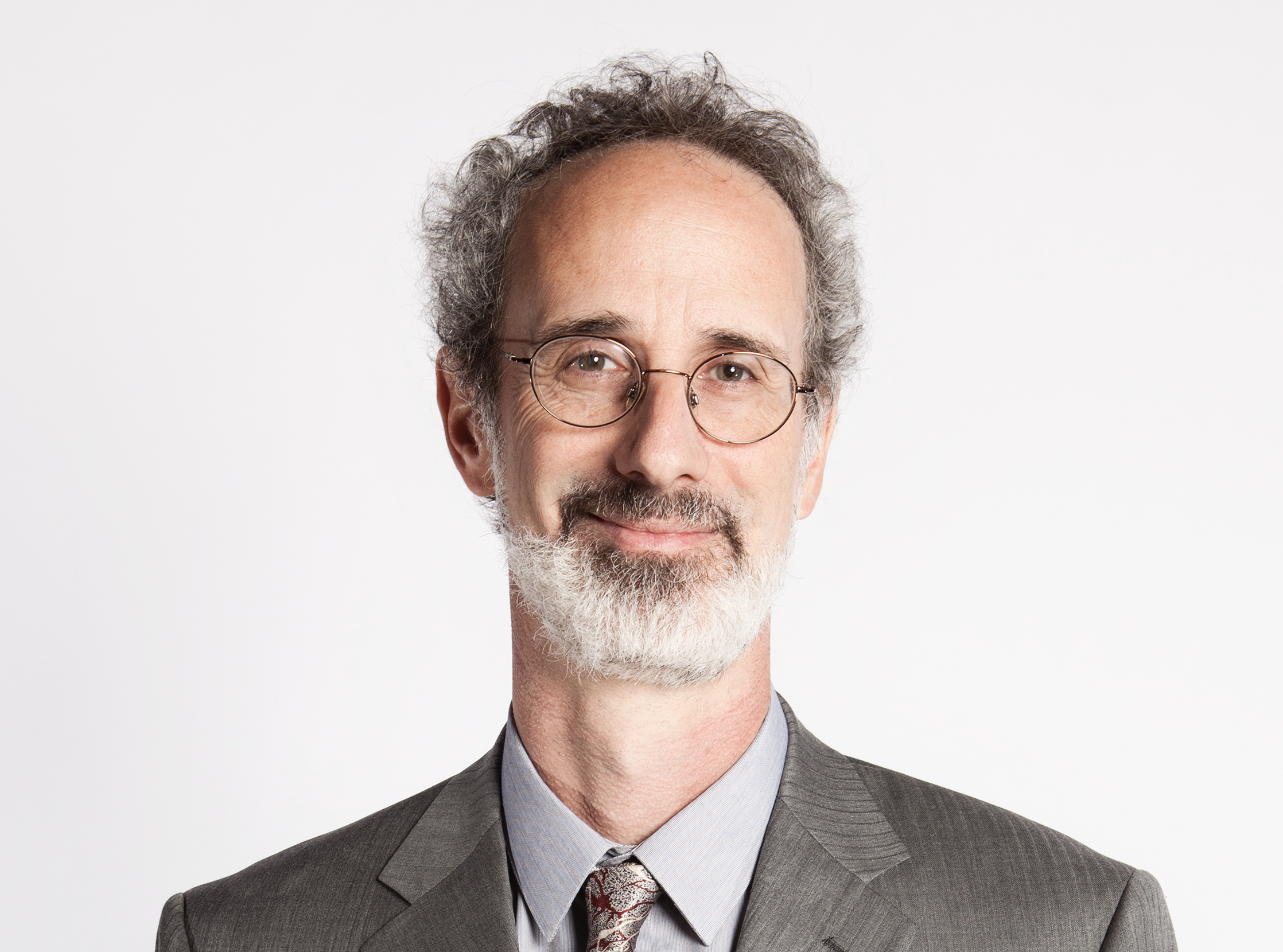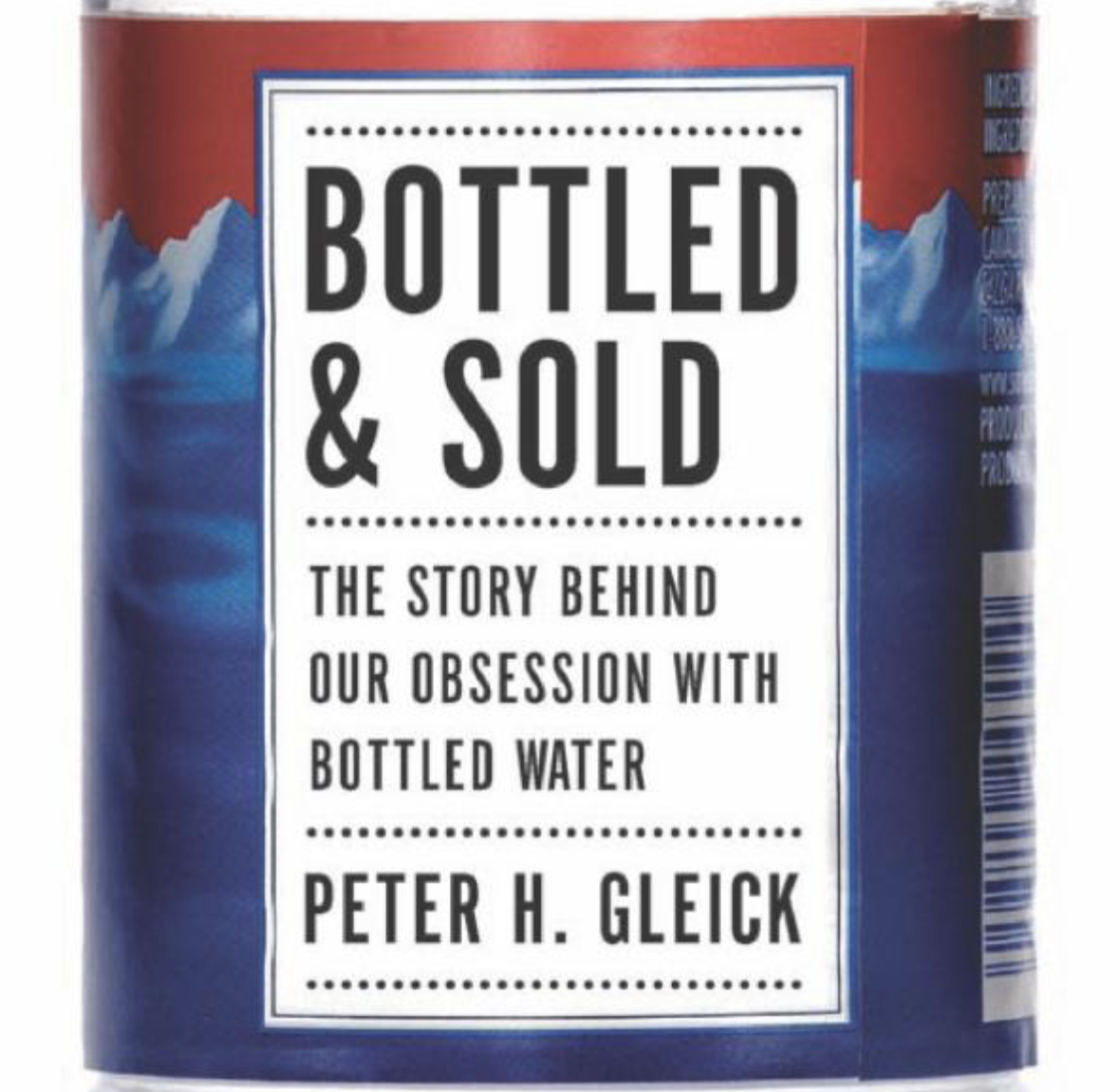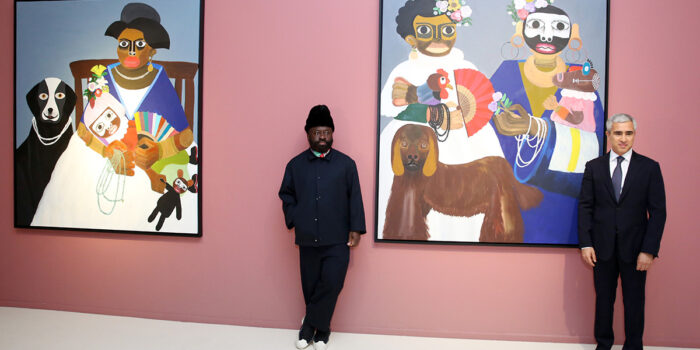Peter Gleick is a world-renowned scientist and activist who focuses on issues of climate change and water resources. He is the author of numerous books, including the well-received Bottled and Sold: The Story Behind Our Obsession with Bottled Water. A recipient of a MacArthur Foundation “genius” grant, in 1987 Gleick co-founded the Pacific Institute, a centre for research into ecological and climate issues. The BBC has called Gleick an environmental visionary; here, he talks to Michael Brooks about the progress already made and how to stay positive in the face of the challenges ahead.
How did you become interested in ecological issues?
My father was a birdwatcher and I would go out watching birds with him when I was very young – that’s when I first became interested in nature and the environment. But I grew up in New York City in the 1960s, when environmental issues were becoming a major thing, and I remember studying and doing projects on environmental pollution even in middle school.
Are you criticised for being both a scientist and a campaigner?
Sometimes you do hear the criticism that you shouldn’t mix science and advocacy. But if the scientists who are informed about particular issues can’t bring that science into the public arena, who can? I believe very strongly that, like any citizen, scientists have a role to play in democracy and public conversations. And I feel very strongly that, so long as your science is good and not biased, then those scientists who choose to should be able to – and encouraged to – participate in public debates.
Is it true that water is becoming a source of conflict?
I don’t love the “water wars” framing, where people say that future wars will be over water. Wars are complicated: they’re religious, economic, political, ideological – a lot of things go into driving countries to war. My focus is a little more subtle: water as a trigger for conflict, or as a target during conflicts that start for other reasons. One example is that civilian water systems in Yemen have been explicitly targeted, which is a violation of international law.
Is human water use a problem we are starting to solve?
Some of the most severe ecological problems we face are directly tied to the way humans use water. We take water out of our rivers or dam them up. We dry up wetlands and marshes, which are critical ecological habitats. Probably the majority of endangered aquatic ecosystems are at risk precisely because of the way humans use water; last century, we didn’t care about our impacts on ecosystems. But in the 21st century that has changed. The days when we could build something and completely ignore impacts on the ecosystem are ending.
You’re not as positive about bottled water, though, are you?
More and more people are aware that bottled water has significant economic and environmental challenges, and there is a bit of a movement, certainly among younger people, to start carrying refillable bottles and not to buy bottled water. But I don’t think the situation is improving overall. Sales of bottled water continue to increase and there are places around the world where tap water is not readily available or reliable or good quality. The answer is not bottled water; it’s greater investment in good municipal water.
Is it hard to stay positive after decades of campaigning and activism?
I’ve been working on climate change for about 35 years and we’re so far behind the curve in what we ought to be doing that it’s easy to get depressed. However, I’m an optimist by nature: in all the work I do and all the talks I give I try to focus on solutions. I’m sad it’s taking so long to move towards them, but I am optimistic that in the long run we will move towards a truly sustainable future. And I am encouraged by the changes I see, particularly the younger people who are understanding their ability to influence change and do things differently. The incredible progress that the youth movement has made in a year is very encouraging. We have to keep fighting, though. The battle for a sustainable planet will last a long time, but the stakes are so high and the positive outcomes are so real that we simply can’t give up.
What do you do to relax?
Thanks to my father, I’m a birdwatcher! Also, my wife and I spend a week every year in the desert if we can. And I’m learning how to play the mandolin – just for fun. I think everybody working on these global problems needs to find the thing that lets them recharge their internal batteries. If we don’t, we burn out and that doesn’t help anyone.
Image courtesy of Peter Gleick
Like this? Then you’ll love: The Climate Heroines changing the world | The Malay Archipelago: A Dramatic Tale of Natural History





